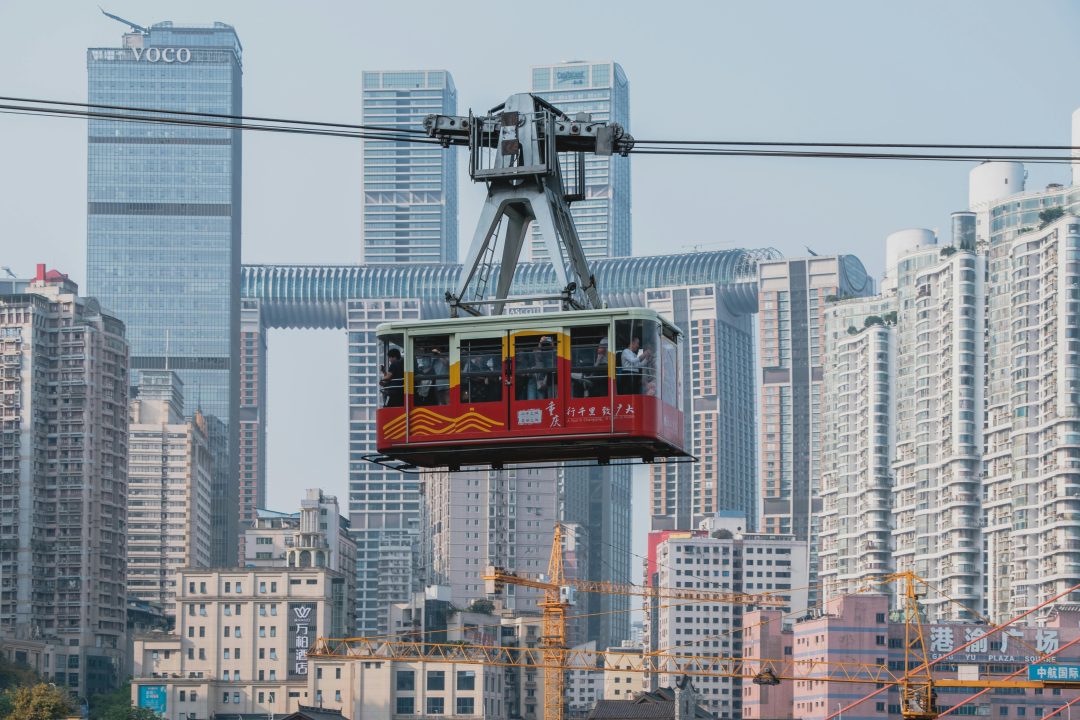cross-posted from: https://lemmy.sdf.org/post/44824942
Foreign investors who once saw China’s booming property market as a sure bet are now facing some of their biggest losses in decades. What was once a $140 billion push into Chinese real estate has turned into a wave of distressed sales and write-downs, with global players scrambling to offload assets at steep discounts.
[…]
Their retreat is adding fresh pressure to China’s already struggling property market, a sector that plays a huge role in the country’s economy.
[…]
Distressed sales — where owners sell under pressure from debt or defaults — hit 114 billion yuan (S$20.78billion) across 2023 and 2024, a record 22% of all transactions, Bloomberg Intelligence data shows.
[…]
All Sectors, One Struggle
The downturn is hitting nearly every corner of the commercial property market.
In logistics, once considered a bright spot thanks to the e-commerce boom, supply has outpaced demand. Even giants like Blackstone have started to sell. Earlier this year, it sold three logistics parks in southern China to a local insurance company for about 2.7 billion yuan.
[…]
Even distressed-debt specialists like Oaktree Capital have had difficulty turning a profit.
In 2021, Oaktree seized control of Evergrande Venice on the Sea, a sprawling resort development in Jiangsu province, after the troubled developer defaulted on a $400 million loan. The project — envisioned as a Chinese version of Venice — included canals, a grand hotel, and a conference center modeled after the U.S. Capitol.
Oaktree has since restarted construction and handed over some homes to buyers, but sales remain sluggish. Apartments that once fetched up to 10,000 yuan per square meter in 2019 are now advertised at less than half that price.
The pain may not be over. Analysts warn that it could take years for the oversupply of commercial buildings to be absorbed. Rents in China’s office market fell nearly 7% in 2024 — the sharpest drop on record — and CBRE expects no meaningful recovery in new supply until at least 2028.
[…]
“Global institutions are increasingly taking the view that this market won’t recover soon,” said Wilson. He expects office rents to keep falling through next year, and predicts that the nominal value of buildings in 2030 will still be below 2020 levels.
[…]



Ideally, the stock market would be a more productive use of money than blowing property bubbles.
Though the history of the Chinese stock market doesn’t give me much faith that these will be safe investments.